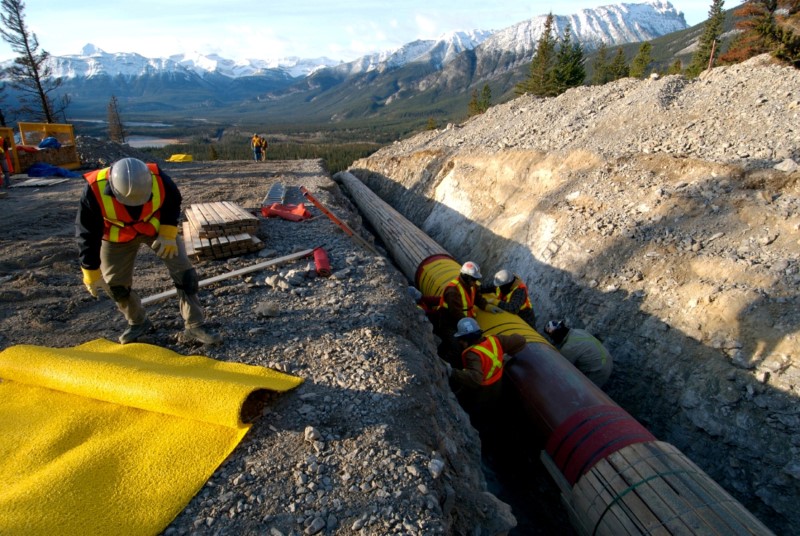By David Ljunggren
OTTAWA, Feb 8 (Reuters) - The Canadian government, seeking to address unhappiness over the potential environmental impact of major projects, on Thursday unveiled draft legislation to change how pipelines and mines are assessed.
The bill, which officials say could become law by mid-2019, will create a new Impact Assessment Agency of Canada to probe the possible consequences of proposed natural resource projects on federally regulated land.
That task is currently divided between three entities, a system the ruling Liberals say Canadians no longer trust.
The move is an attempt to address the concerns of aboriginal and environmental activists, who have opposed a series of oil pipeline projects in recent years on the grounds that the existing assessment process is flawed and not stringent enough.
"With better rules for major projects, our environment will be cleaner and our economy stronger," Environment Minister Catherine McKenna said in a statement.
Officials say the new law will cut the time taken to carry out reviews. Energy industry players have complained it can take years for a review to be completed.
Suncor Energy Inc, one of Canada's biggest oil producers, said on Thursday the country is losing ground to others in creating conditions to attract investment. legislation will have no impact on projects currently being assessed, which will continue to be handled under rules in force now.
The ruling Liberals say the way projects are examined needs to be strengthened while insisting some pipelines need to be built to ensure oil producers can transport their crude to tidewater and benefit from higher prices.
This stance has done little to placate protesters unhappy about Kinder Morgan (NYSE:KMI) Canada Ltd's KML.TO plan to more than double the capacity of its Trans Mountain pipeline from the Alberta oil sands to the Pacific Coast.
Prime Minister Justin Trudeau said last week the project would go ahead but demonstrations over the proposed C$7.4 billion expansion could hurt the Liberals in a federal election set for October 2019.
Under the new law unveiled on Thursday, particularly complex projects will be reviewed by special panels working together with the new impact assessment agency. The federal cabinet will continue to have the final decision on whether these larger projects can go ahead.
The law would also create what officials called a more transparent national energy regulator to replace the National Energy Board, which critics complain is too close to the industry. (With additional reporting by Rod Nickel in Winnipeg; Editing by Bernadette Baum)
